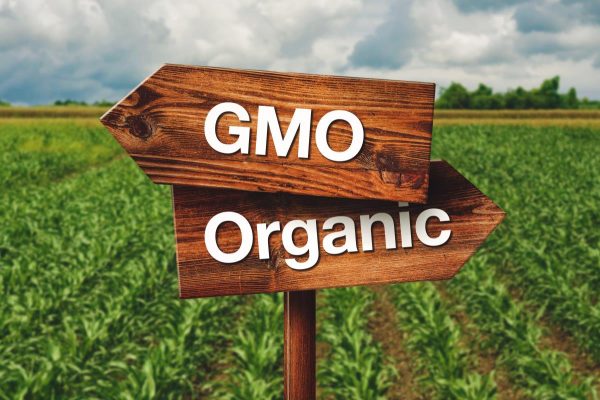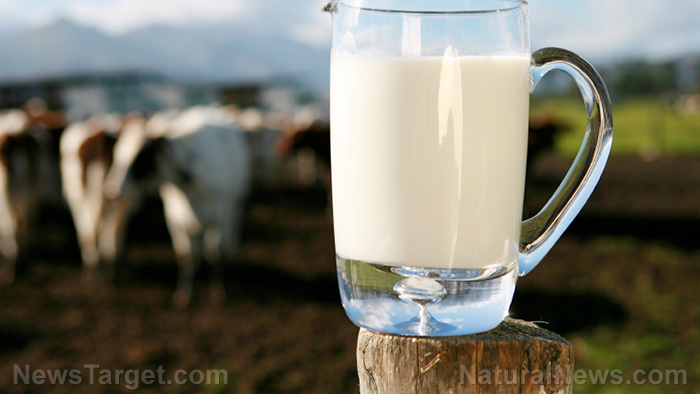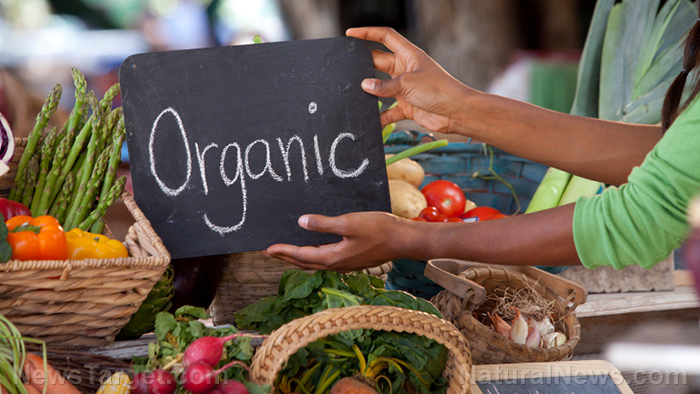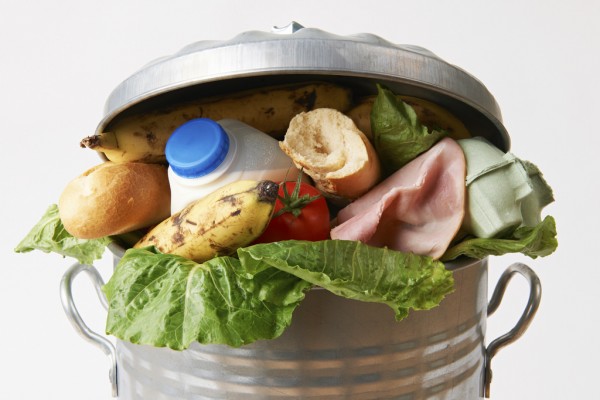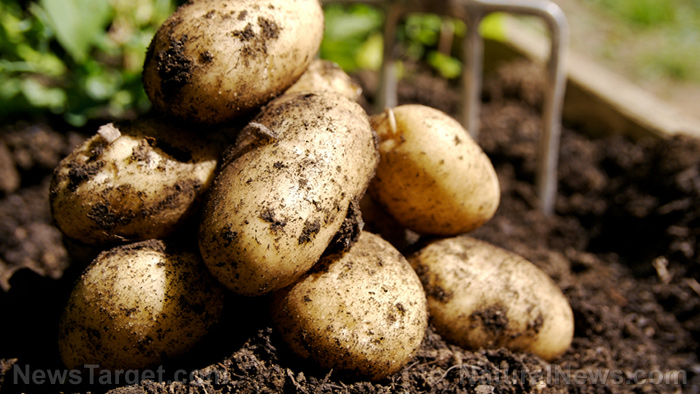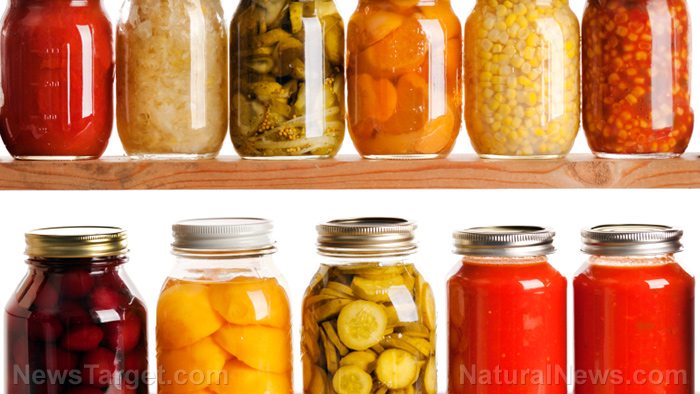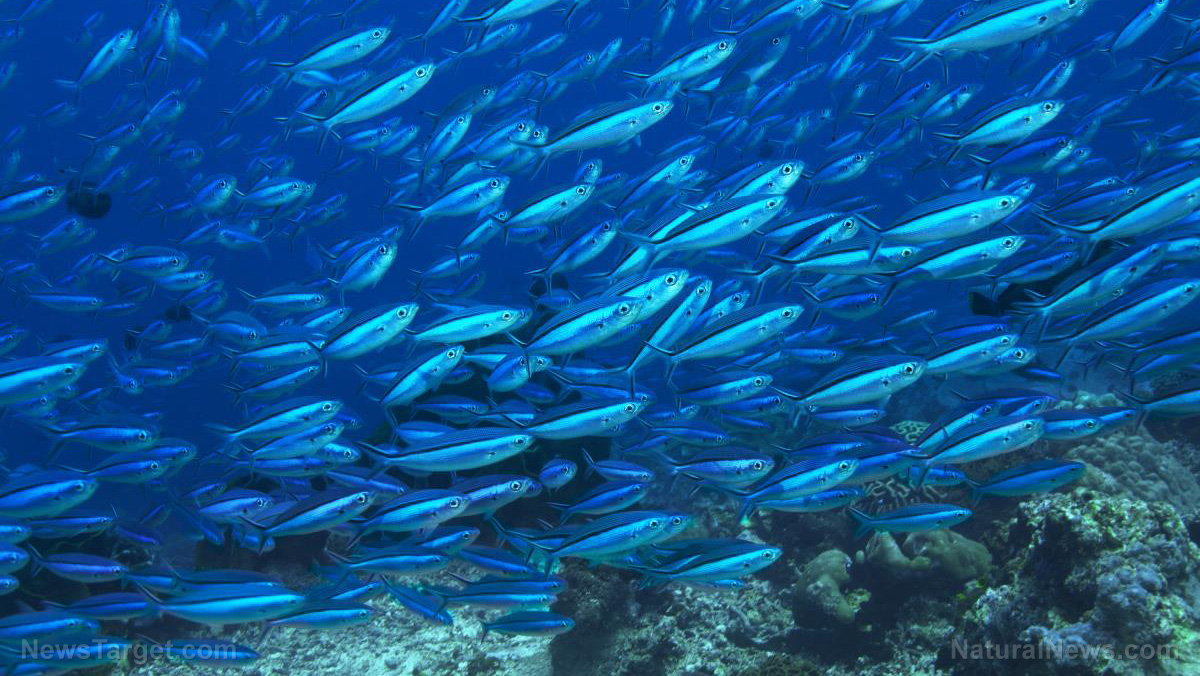As one of the world’s most impoverished nations, life in Cambodia can be extremely difficult. People work long hours for very little money, and access to safe water is limited. That’s why many women have been jumping at the chance to supplement their income by selling their breast milk. Helping other mothers with babies in need while earning some much-needed money sounds like a situation in which everybody wins, right?
Unfortunately, the babies of mothers selling their milk are the ones who are losing out, and the price they are paying is malnourishment. Now, the Cambodian government has intervened on their behalf and put a temporary halt to the exportation of human breast milk.
The Utah-based firm behind the practice, Ambrosia Labs, claims to be the first one to export human breast milk into the U.S., and their representatives believe they are helping local Cambodian women who desperately need money.
Cambodian women who have sold their milk to Ambrosia Labs say they earn as much as $10 per day, which is a pretty nice chunk of change in a country where the yearly average salary is a mere $1,160 per person, The company’s co-owner, Ryan Newell, said that these mothers are earning as much as three times the money they would make elsewhere. He also pointed out that it enables them to stay home with their kids instead of heading out to factories for long hours of grueling work.
After it has been collected, the milk is frozen and then exported to the U.S., where it is pasteurized and sold in 5-ounce packs for $20. The company claims that it places a high priority on the safety of donors and ensures milk is not taken out of infants’ mouths. They say they do not accept donations that come from mothers with infants who are younger than six months, and they tell donors not to pump milk more than twice per day. Nevertheless, the country has seen a decline in breastfeeding, with the figure dropping from 75 percent in 2010 to just 65 percent in 2014.
Last month, the UN slammed the company’s practice of buying breast milk from Cambodian women, saying it puts poor and vulnerable babies at the risk of malnourishment. Breastfeeding is one of the most important factors contributing to a child’s health and nutrition, and it is believed that the babies involved are not getting all of the nourishment they need.
Milk selling and trading surprisingly common in U.S.
American moms have several ways to obtain breast milk for their children if they are unable to produce enough of it. Some have created Facebook groups that match up mothers who produce extra breast milk with those who need it, while state-sanctioned milk banks also exist, although they tend to cater to mothers of children who are sick. Websites have also been set up to mediate breast milk trading.
Many women are simply donating their extra breast milk to those in need. Breast milk is vital to infant health, providing an additional layer of protection against diseases during their fragile early months.
Studies have shown that a protein found in breast milk called lactoferrin can destroy drug-resistant bacteria as well as viruses and fungi on contact. It accomplishes this by rapidly punching holes in the protective cell membranes of the bacteria.
There is no doubt that breast milk is very beneficial to babies, and women who can’t provide it for whatever reason find themselves in a tricky situation. One issue with the milk provided by Ambrosia Labs and many milk banks is that it is pasteurized, which can destroy the probiotic bacteria and beneficial enzymes and nutrients found in the milk. Moreover, it is not always tested for contaminants like tobacco and alcohol. The selling and trading of breast milk is a complex issue that many experts believe should be placed under greater scrutiny.
Sources:
BreakingNewsTime.com
BBC.com
NaturalNews.com
TheGuardian.com
NaturalNews.com


